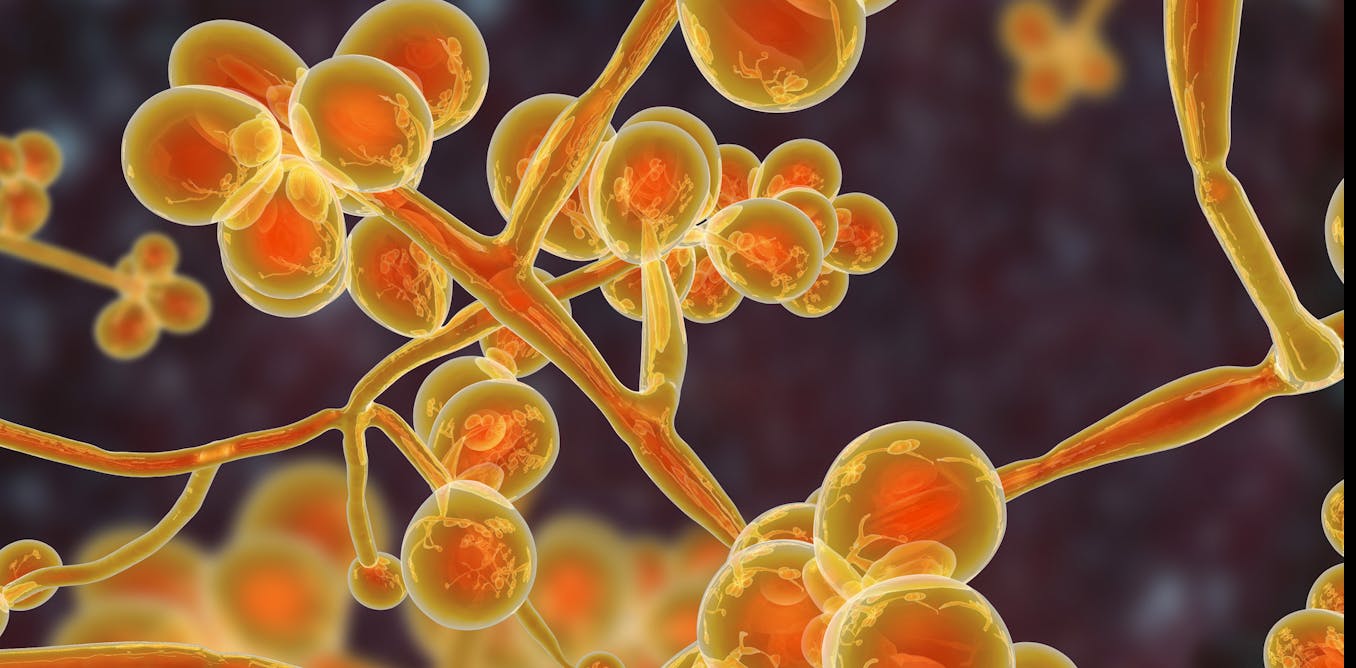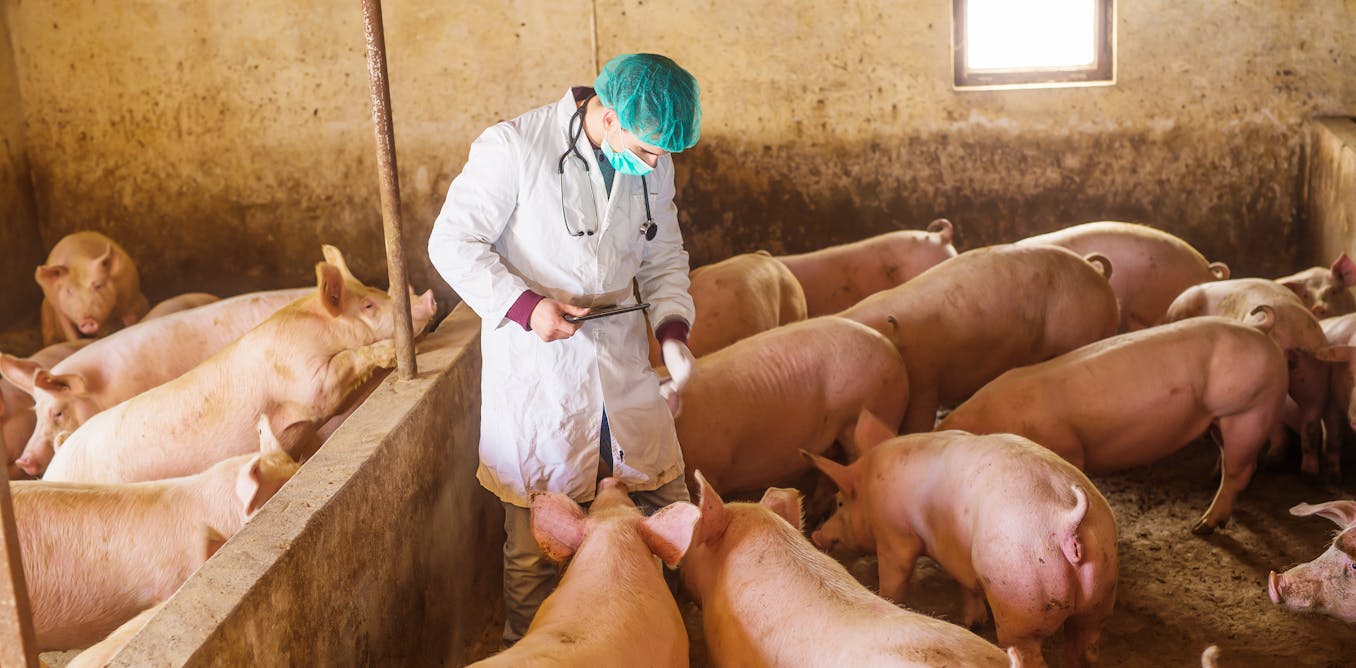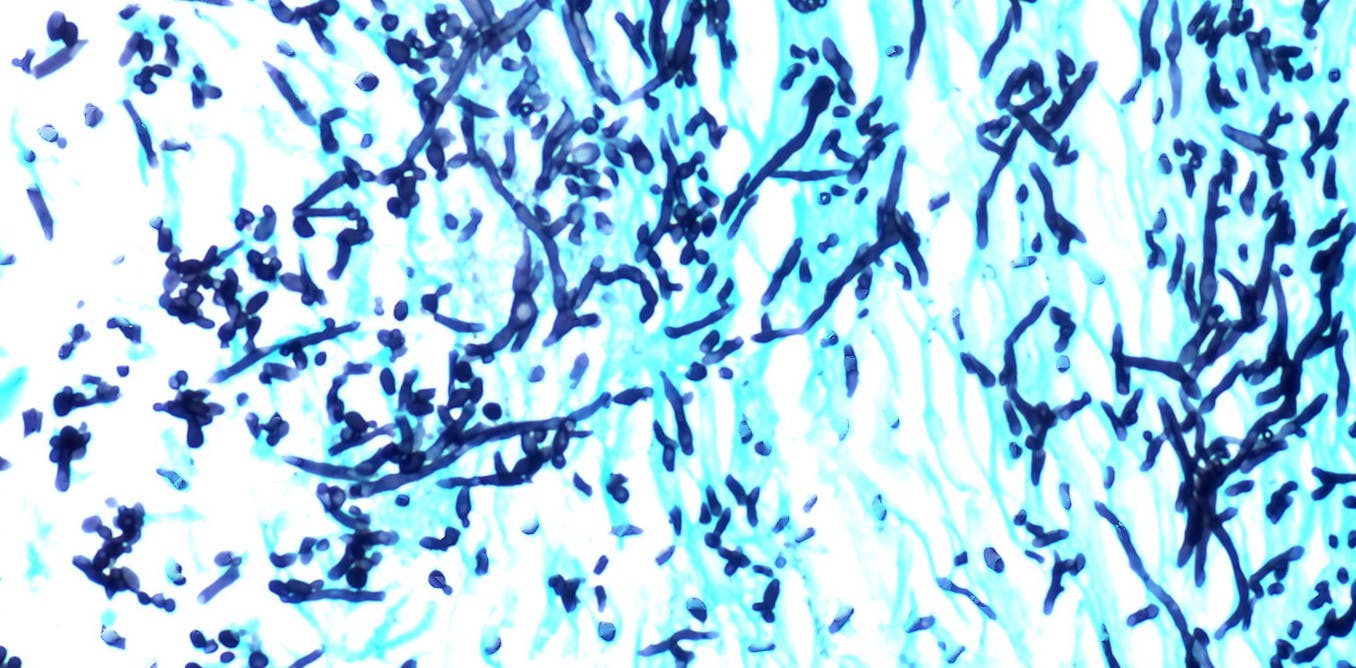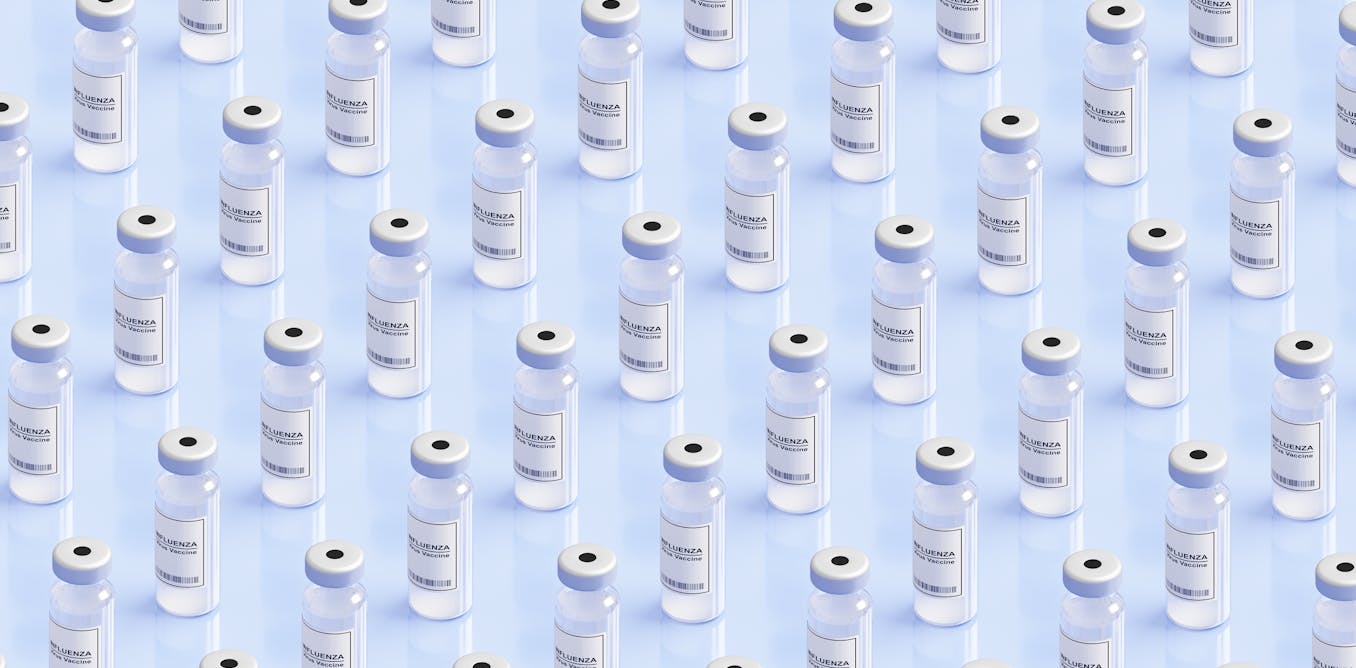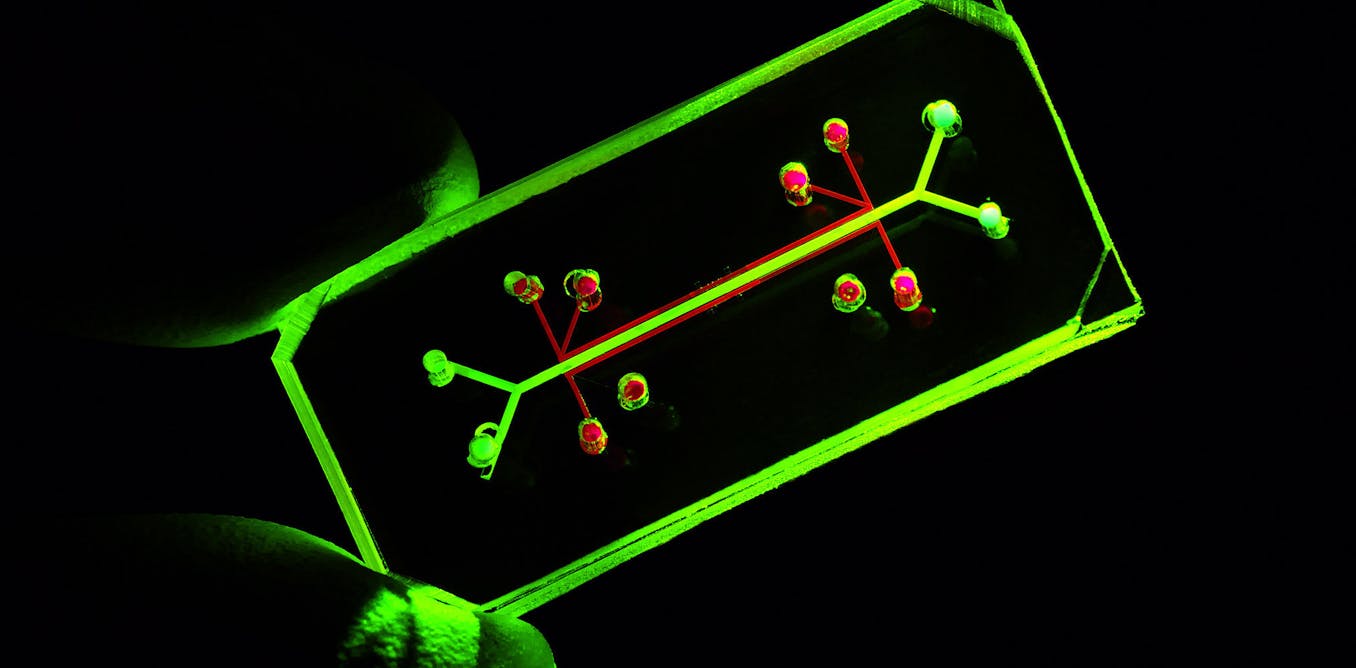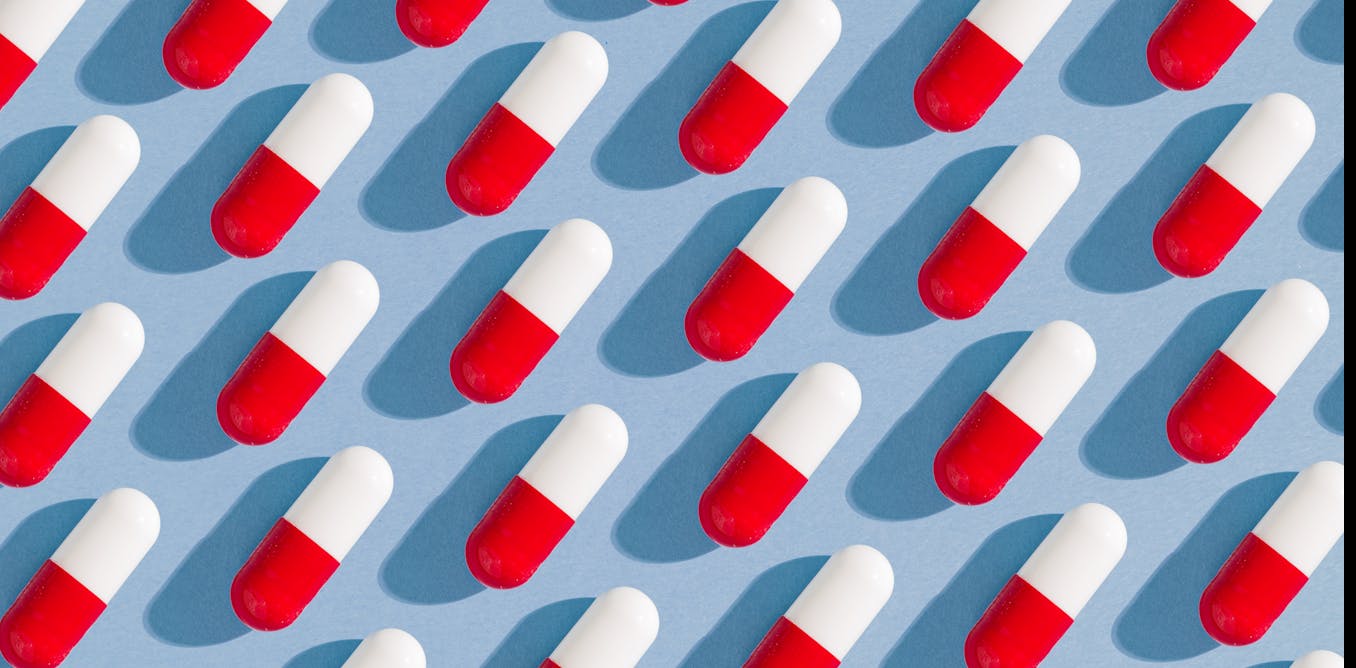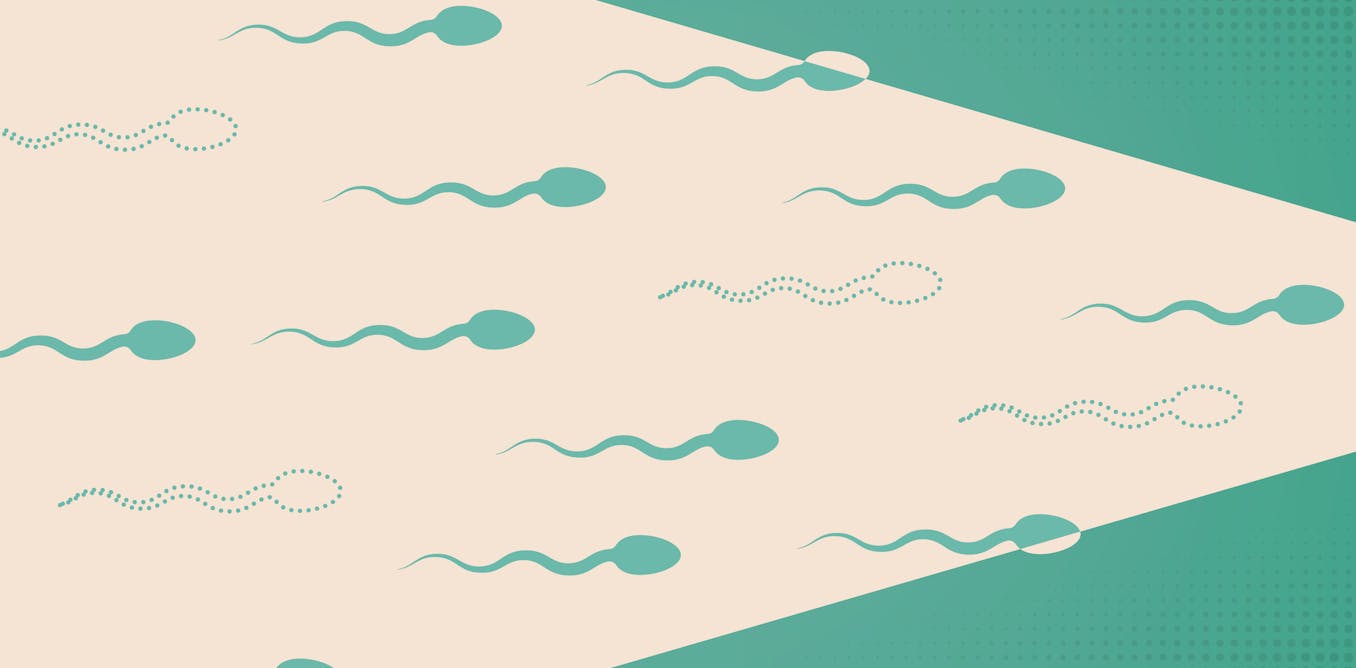Drilling down on treatment-resistant fungi with molecular machines
Fungal infections can be among the hardest to treat, and since the pandemic began they’ve become only more common. To prevent future antifungal resistance, scientists have developed tiny molecular drills.
May 26, 2023 • ~9 min

